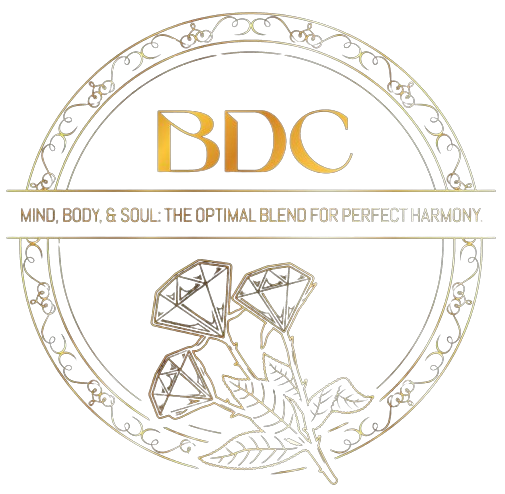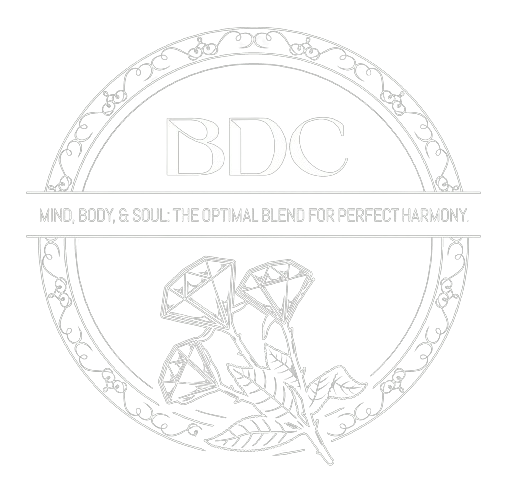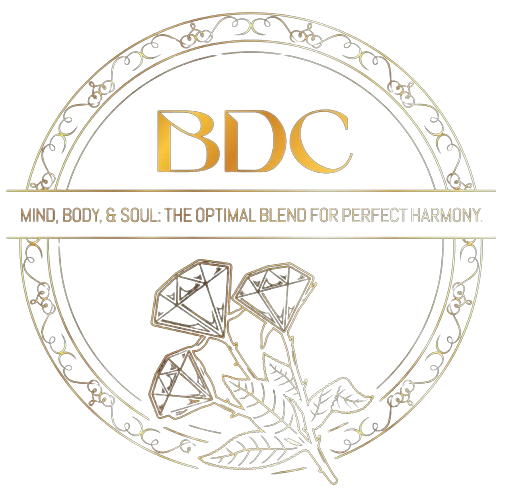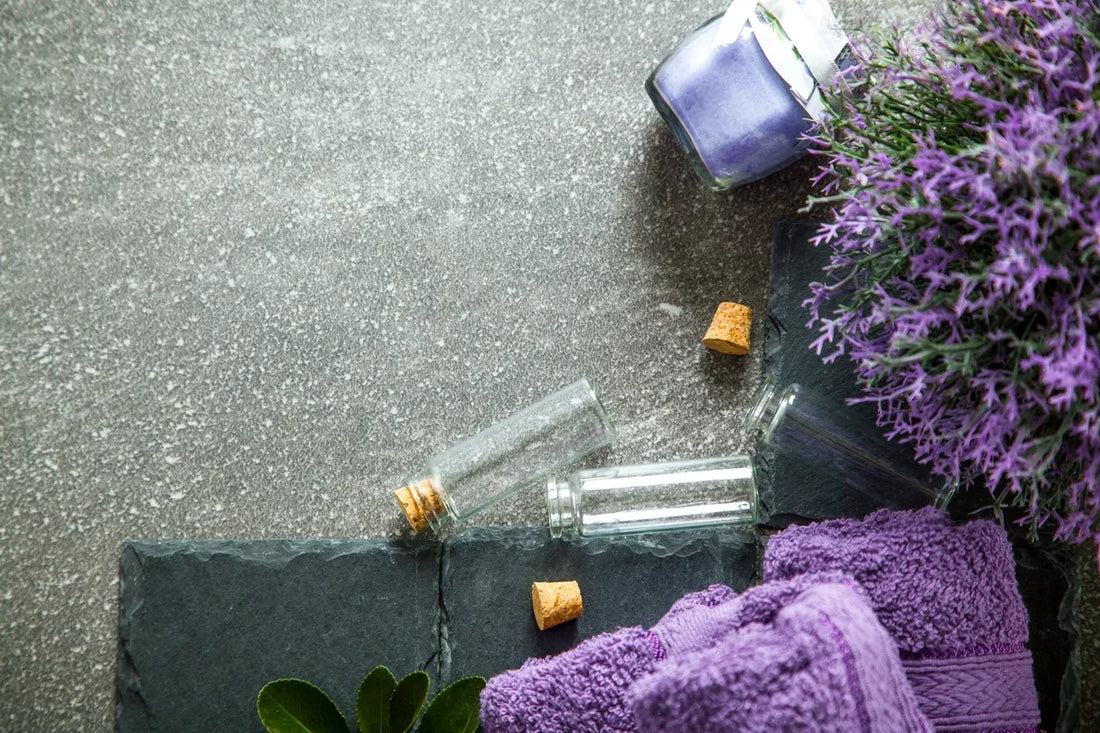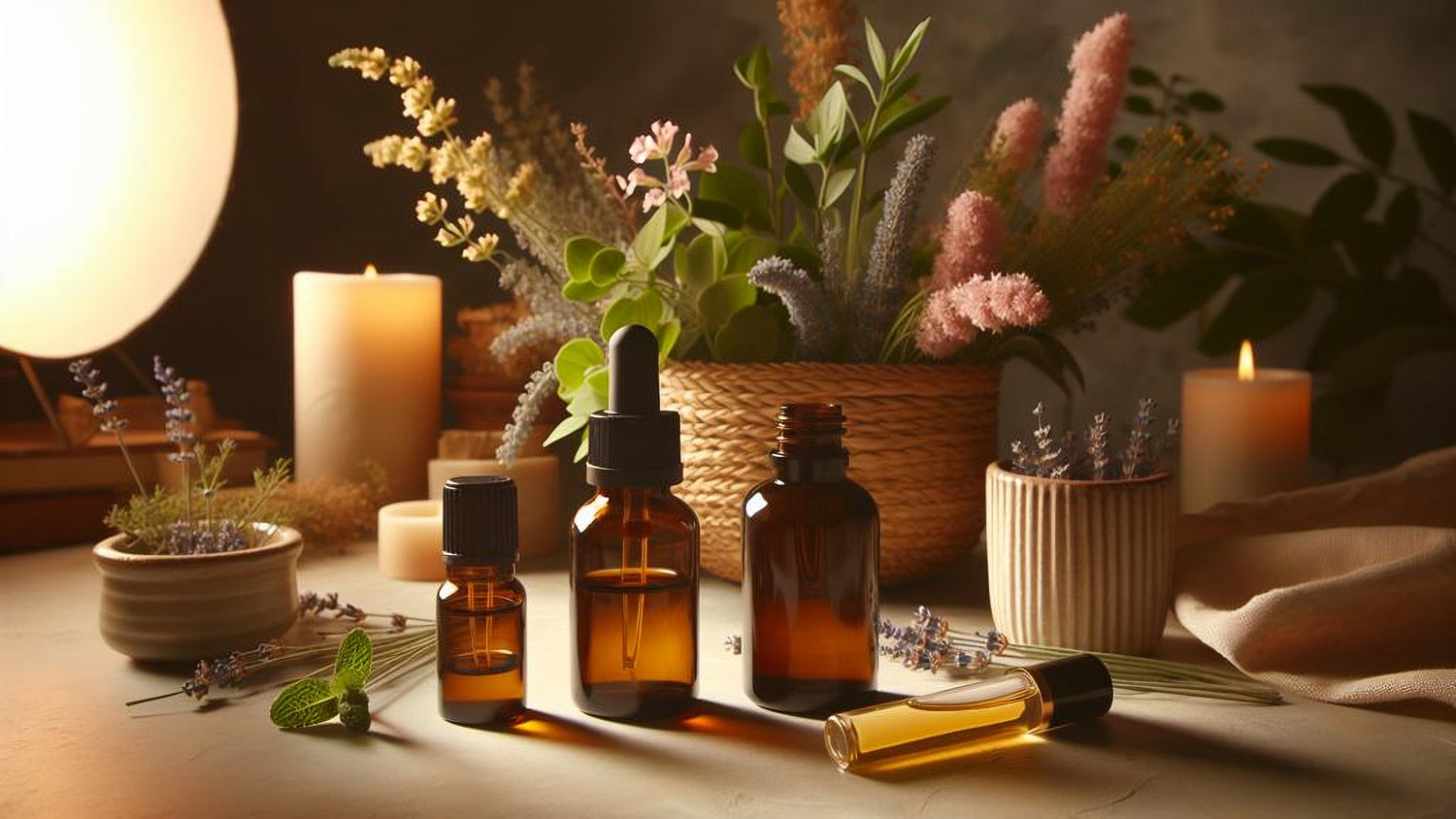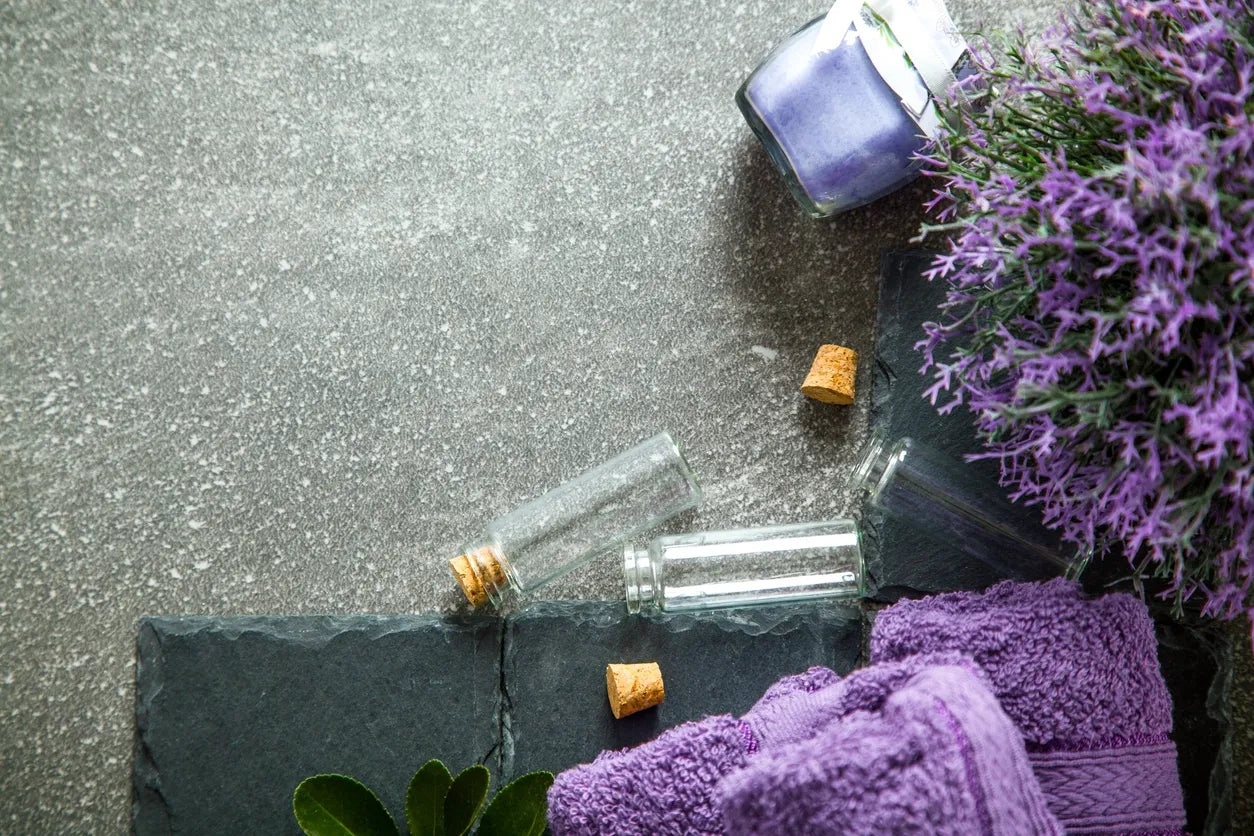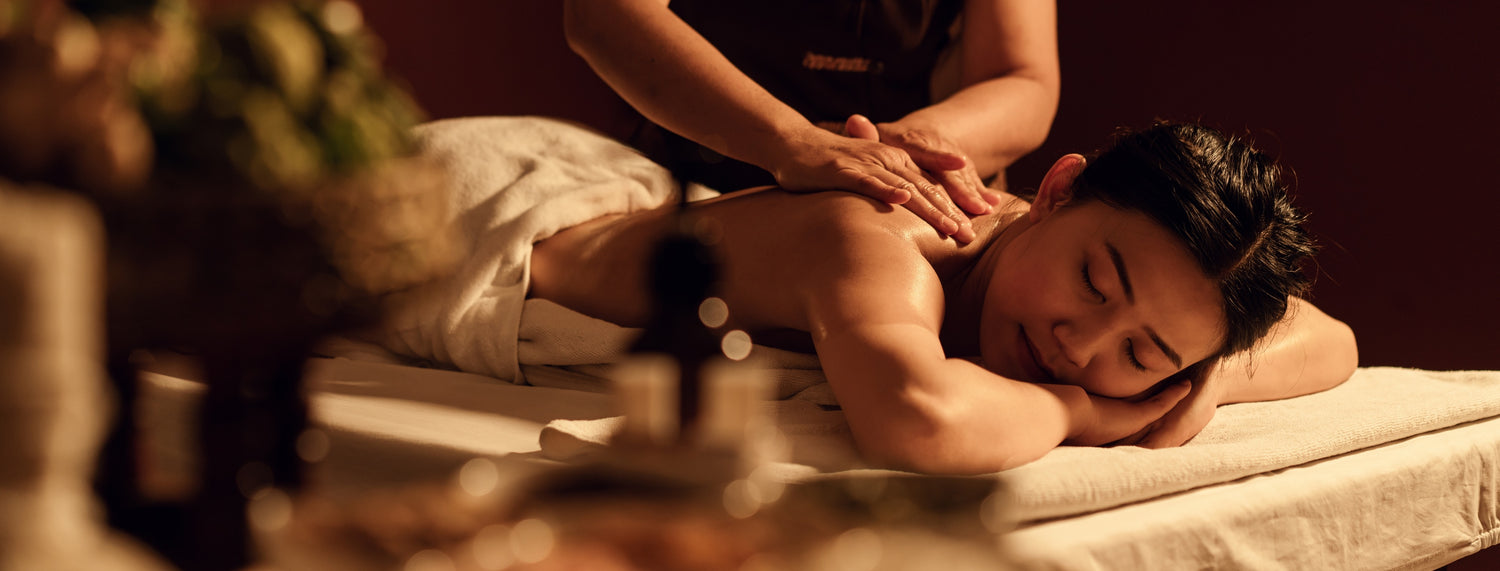Lavender, with its calming scent and beautiful purple blooms, has captivated humanity for centuries. The very name "lavender" comes from the Latin verb "lavare," meaning "to wash," reflecting its historical use by the Romans who incorporated it into their baths [1]. Evidence suggests lavender cultivation stretches back to 2500 BC in the Mediterranean region [2]. This fragrant herb has transcended time, finding its way from ancient bathhouses to modern wellness routines.
Beyond its beauty, lavender boasts a range of potential health benefits. Studies published in the National Institutes of Health (NIH) National Center for Complementary and Integrative Health (NCCIH) explore the use of lavender oil for anxiety and sleep issues [3]. Inhaling lavender's calming aroma or applying diluted lavender oil topically may promote relaxation and improve sleep quality [1, 4]. A 2008 study published in the journal Phytomedicine even found that lavender oil was as effective as a low dose of medication for relieving anxiety in patients before surgery [3].
Lavender's versatility extends beyond aromatherapy. Lavender tea, made by steeping dried flowers in hot water, is a traditional beverage enjoyed for its calming properties and potential digestive benefits [4]. However, it's important to note that ingesting large quantities of lavender can be harmful, so consult a healthcare professional before using it internally.
The culinary world has embraced lavender as well. Lavender's subtle floral notes can enhance sweet and savory dishes. A few sprigs can add a touch of elegance to shortbread cookies or brighten up a summer salad dressing.
Even a simple sachet filled with dried lavender can bring a touch of calmness and fragrance to your home. So next time you're feeling stressed, brew a cup of lavender tea, light a lavender candle, or surround yourself with the soothing scent of this timeless herb.
Remember: When using lavender oil topically, always dilute it with a carrier oil like almond oil or jojoba oil to avoid skin irritation.
References
- Lavender. (Aug 2020). National Center for Complementary and Integrative Health - NCCIH. https://www.nccih.nih.gov/health/lavender
- Lex, L. (1 May 2022). History’s Love of Lavender: From Mummies to Bathhouses and Beyond!
- Wotman, M.,Levinger, J., Leung, L., Kallush, A., Mauer, E., Kacker, A. (2017). The Efficacy of Lavender Aromatherapy in Reducing Preoperative Anxiety in Ambulatory Surgery Patients Undergoing Procedures in General Otolaryngology. Laryngoscope Investig Otolaryngol. 2017 Dec; 2(6): 437–441. Published online 2017 Nov 8. https://doi.org/10.1002/lio2.121
- Bowman, J. (20 Oct 2023). The Many Benefits of Lavender for Mood, Sleep, Hair, and Skin. https://www.healthline.com/health/what-lavender-can-do-for-you
